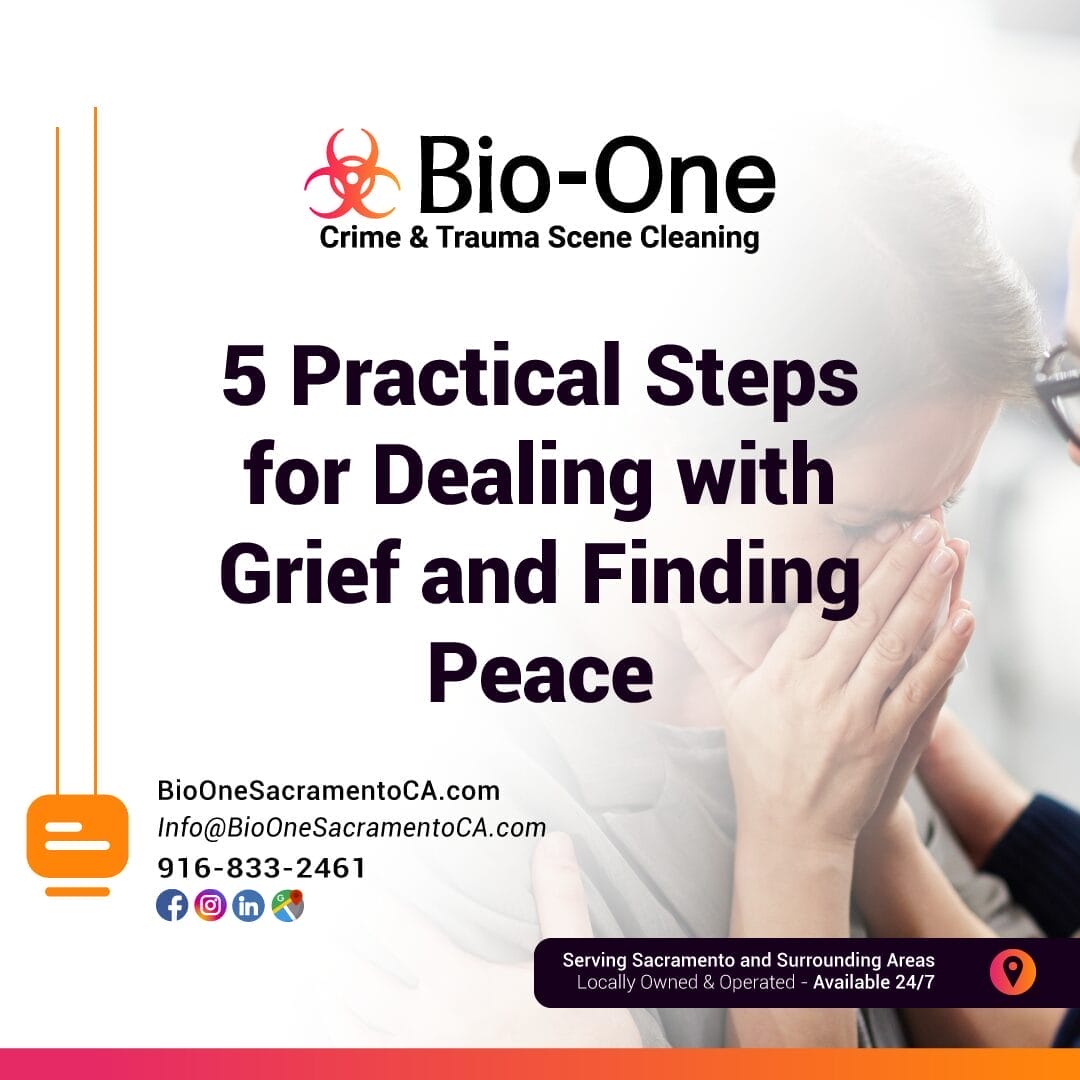
Dealing with grief is one of life’s most difficult experiences. It can feel confusing, heavy, and sometimes endless. Whether you’re navigating the loss of a loved one, a relationship, or even a significant life change, one thing is certain—grieving is personal, and everyone processes it differently. While there is no one-size-fits-all solution, there are practical steps you can take to help guide yourself toward healing.
Below, we’ll cover five approachable ways to manage grief and start finding peace. Remember, grief is a natural response to loss, and there’s no right or wrong way to feel.
1. Allow Yourself to Feel Your Emotions
Grief can bring a range of emotions—sadness, anger, confusion, or even guilt. Often, people feel the pressure to "stay strong" or "get over it." But pushing these feelings away can make the grieving process last longer.
It’s okay to cry, to talk about how you feel, or even to have days where you can’t do much of anything. Acknowledging your emotions instead of suppressing them is key to moving forward.
If you’re unsure about how to begin, try journaling about your feelings or confiding in a close friend. Professional therapists or support groups can also provide guidance tailored to where you’re at in your grief.
2. Build a Support System
You don’t have to figure out how to handle grief alone. A strong support system can make all the difference during painful times. This could include friends, family, or even coworkers who understand and accept your emotions without judgment.
If personal relationships feel difficult to lean on or are unavailable, consider joining a support group. Many organizations, such as Grief Recovery Method or local community centers, offer safe spaces where individuals share and connect over their experiences. Building these connections reminds you that you aren’t alone in this process, and shared understanding can bring a sense of comfort.
3. Take Care of Your Body
Grieving often impacts more than just your emotions—it affects your physical health too. Sleepless nights, loss of appetite, or constant fatigue can accompany the process. Taking care of your body may not take away the grief, but it can help you feel more grounded during tough times.
Some simple ways to care for yourself include:
- Eating meals regularly, even if they’re light or simple.
- Staying hydrated.
- Taking short walks or engaging in light exercise to release tension.
- Following a consistent sleep schedule to restore energy.
Don’t underestimate the power of basic self-care. Even small actions can create a sense of routine and stability when everything seems chaotic.
4. Find Outlets for Your Grief
Grief doesn’t always need to be spoken about to be processed. Sometimes, creative outlets can help you explore unspoken feelings and express what’s bottled up inside.
Consider these therapeutic ways to channel your emotions:
- Art: Drawing, painting, or sculpting can transform complex feelings into something tangible.
- Music: Listening to or playing music that resonates with your emotions can be healing.
- Writing: Beyond journaling, writing poems or letters (even to the person or situation you lost) can bring closure.
- Gardening: Connecting with nature while nurturing growth can symbolize healing in your own life.
You might not think of yourself as creative, and that’s okay. These outlets aren’t about performance—they’re about offering yourself a space to heal.
5. Seek Professional Help
When it feels like grief is too overwhelming to face alone, seeking professional support can be a game-changer. A therapist, counselor, or grief specialist can help you understand your emotions and provide coping strategies tailored specifically to you.
It’s especially important to seek help if grief begins disrupting your ability to function in daily life. This might look like prolonged depression, changes in appetite, or avoiding people and places that once mattered to you.
Additionally, if there are logistical challenges you face due to a traumatic loss—such as the cleanup after a death—turn to professionals who can shoulder those specific burdens. For example, our team at Bio-One Sacramento is trained to provide compassionate assistance during these difficult transitions.
Moving Toward Peace
No one can tell you how long or how intensely you’ll grieve, and that’s okay. The steps above aren’t about "fixing" grief—they’re about offering you tools to work through it at your own pace. Healing doesn’t mean suddenly being okay; it means learning how to carry your loss in a way that feels less heavy.
What’s important is taking that first step toward healing, no matter how small it seems. Lean on others when you need to, and remember, there’s support available when you need it most.
If you or someone you know is dealing with grief, know that you’re not alone. For professional assistance during difficult transitions, learn more about how Bio-One Sacramento can help.


